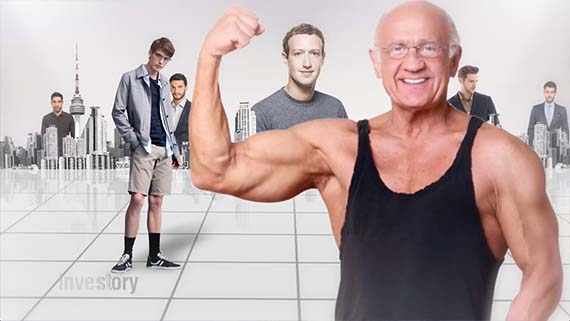Amazon crushed brick and mortar. Now it wants to bring it back in an automated format. Is this good for society?
Amazon: the savior of time! The king of convenience! The emperor of e-commerce!
Thanks to Amazon and other e-commerce giants, traditional brick and mortar is in an economic freefall. With the market won, Amazon now looks elsewhere.
So, where are they going?
Brick and mortar!
Wait, what?
That’s right, the company that’s provided a 49,000% return on investment to date is bringing back the traditional store with a twist.
With just your Amazon account and phone, you can soon enter the first-of-its-kind supermarket, Amazon Go.
Best of all, it’s all automated and synced to your Amazon account. No more lines or people to interact with - Score!
But could this be a bad thing? It leaves us with a debate:
While convenient, automated stores could decimate the brick and mortar workforce even more. If successful, retail automation could kill more jobs in America than the Great Depression. And with copyrights applied in the UK, this could become global sooner than later.
And with news of Amazon’s purchase of Whole Foods for $13.7 billion, the grocery store industry might be affected next.
Amazon Go and stores like it leave us wondering, what happens when the jobs are gone? Would a universal wage be the answer? Or will jobs in other industries emerge?
While uncertainty is bad for the workforce, it could prove wise for business and its investors. If you can buy Amazon stock - as expensive as it currently is - even a couple shares might provide a strong return on investment.





